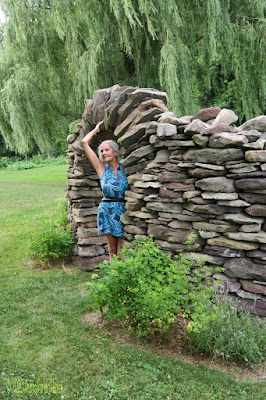
Herbed Robert (Geranuim robertianum) also known as herb-Robert, red robin, death come quickly, storksbill, fox geranium, stinking Bob, squinter-pip (Shropshire), crow's foot, or (in North America) Roberts geranium, is a common species of cranesbill native to Europe and parts of Asia, North America, and North Africa.
Herb Robert, or what was once known as Saint Robert's Herb, was named after a French monk who lived in 1000 AD, who has cured many people suffering from various diseases using this plant. A supremely therapeutic herb, in its ability to oxygenate the cells, which helps the body to fight disease and renew itself. Herb Robert works to increase the immune response and the body’s ability to regenerate. The herb is renowned in Portugal by traditional doctors and herbalists as the most effective herbal remedy for cancer treatment and prevention. First Nations people have used this plant internally to help with many health ailments and externally for healing wounds, herpes and skin eruptions. According to an article in The Healing Journal, scientists, herbalists, and botanists have discovered that Herb Robert grows especially abundant in areas that have high radiation levels (which include under hydro lines). It is believed that Herb Robert absorbs the radiation from the soil, breaks it down and disperses it.
Herb Robert has been used in the folk medicine of several countries, including as a treatment for diarrhea, to improve functioning of the liver and gallbladder, for toothache and nosebleeds, and used for healing wounds).
Fresh leaves can be eaten or tossed into a mug to make a tea. The flower and leaves can be dried and stored so that it can be used throughout the winter months as a tea or tossed into salads as a nutrient booster. The root can be dried and used. Rubbing fresh leaves on the skin is said to repel mosquitoes, and the entire plant repels rabbits and deer.




















